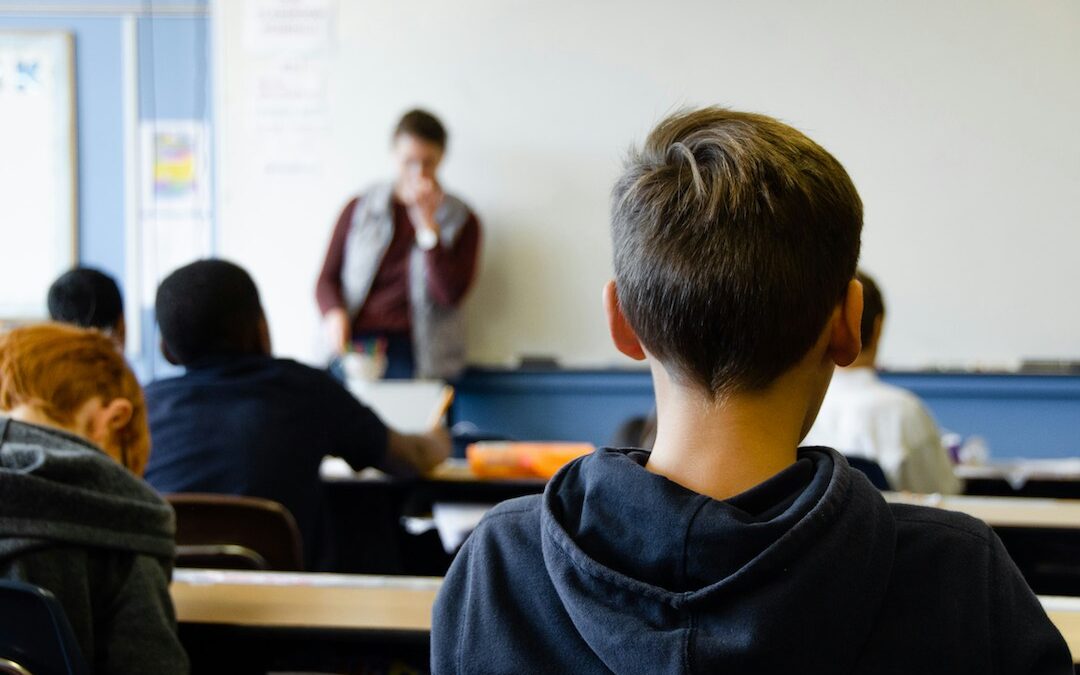Australian boarding schools provide exciting educational opportunities for students from every background.
There are more than 200 schools with boarding facilities in Australia, representing 2.2 percent of the country’s overall school number. Most facilities are co-educational, and offer a variety of extra-curricular activities including sports, music, community work and more.
An overview of Australia’s school system
In 2023 alone, more than 4,000,000 Australian students attended secondary school. A majority of these students attended government school, followed by Catholic and Independent institutions.
Obtaining a secondary level education in Australia is associated with higher chances of being employed, having good health and feeling satisfied with life, according to the Australian Institute of Health and Welfare. Those who complete year 12 are also more likely to continue with further education and successfully transition into the workforce.
For families living in regional and remote areas, access to school facilities can be limited, with more and more individuals turning to boarding schools for their child’s education. But what are the benefits of boarding? And what does the Aussie boarding system look like?

Boarding schools can help students develop social connection.
Why board?
Australia is home to over 150 independent boarding schools, as well as Catholic and Government schools.
According to the Independent School Australia, around 71 percent of all boarding students are from rural locations, with 16 percent identifying as Aboriginal and Torres Strait Islander.
Since 2014, enrolments for Indigenous and non Indigenous students have continued to grow, as more families acknowledge the benefits of sending their children to a ‘home away from home’. Boarding schools are seen as a practical way for parents to help their children access educational and social opportunities, especially for those living in regional communities.
Boarding schools also support the development of their local area. In fact, in 2019-2020 alone, independent boarding schools were estimated to have contributed $1.9 billion to the Australian economy.
The benefits of boarding school
Boarding schools are a great way to support children in developing confidence and resilience. Living with others can be challenging, but also provides the chance to step outside of your comfort zone and gain new skills. As students work with their peers, they are encouraged to explore the world around them in a safe and supportive environment.
For families living in isolated areas, boarding schools offer their children access to social connection and a stable school culture. On campus, these students can engage with extracurricular and communal activities they may not be able to access when living at home.
Additionally, boarding schools provide children with a sense of independence. Through the process of maintaining a living area and developing a daily routine, students are taught how to support themselves and their own learning.

There are several ways to help your child feel prepared for boarding.
Preparing to board
In an overview of the boarding school experience, the Australian Boarding Schools Association suggests a few ways that parents can prepare their children for the boarding experience. These include;
- Talk through any anxieties that your child may have about boarding, and come up with strategies to combat this fear
- Discuss homesickness openly with your child to ensure both parents and students are prepared for the experience
- Teach your child how to use a mobile phone and ensure they have all important family numbers
- Emphasise the value of personal and room hygiene
- Encourage your child to have sleepovers with friends so they can get used to the feeling of being away from home
Of course, there will be unforeseen challenges during the boarding experience, but the system is set up to support all involved individuals. It is important to keep open lines of communication and work together to make sure everyone is feeling supported.
Accessing scholarships
Recently, the Australian Government invested $10.9 million in the Commonwealth Regional Scholarship Program. Beginning this year, the pilot program will provide scholarships to boarding school students from regional, rural and remote communities in Australia to contribute towards boarding fees and additional financial support.
Up to 100 scholarships will be awarded in the first round, 70 of which will be administered by the BUSY Group. An additional 30 scholarships will be offered through the Cape York Institute and MADALAH Limited specifically for First Nations students.
To be eligible, students must be commencing secondary school learning in 2024, have a permanent address in a regional or remote community, and demonstrate financial need.
BUSY is looking to support students with a positive attitude towards learning, and will provide funding for up to 6 years.
Additionally, MADALAH offers several other scholarships for Indigenous students from remote and regional communities to attend leading boarding schools and universities. The not-for-profit organisation supports families with school fees, accommodation, uniforms and other essential school supplies.
Many independent schools also provide scholarships and financial support for boarders. More information can be accessed via their websites.
To read our interview with Chanel Contos, a leader in the consent education movement, click here.

